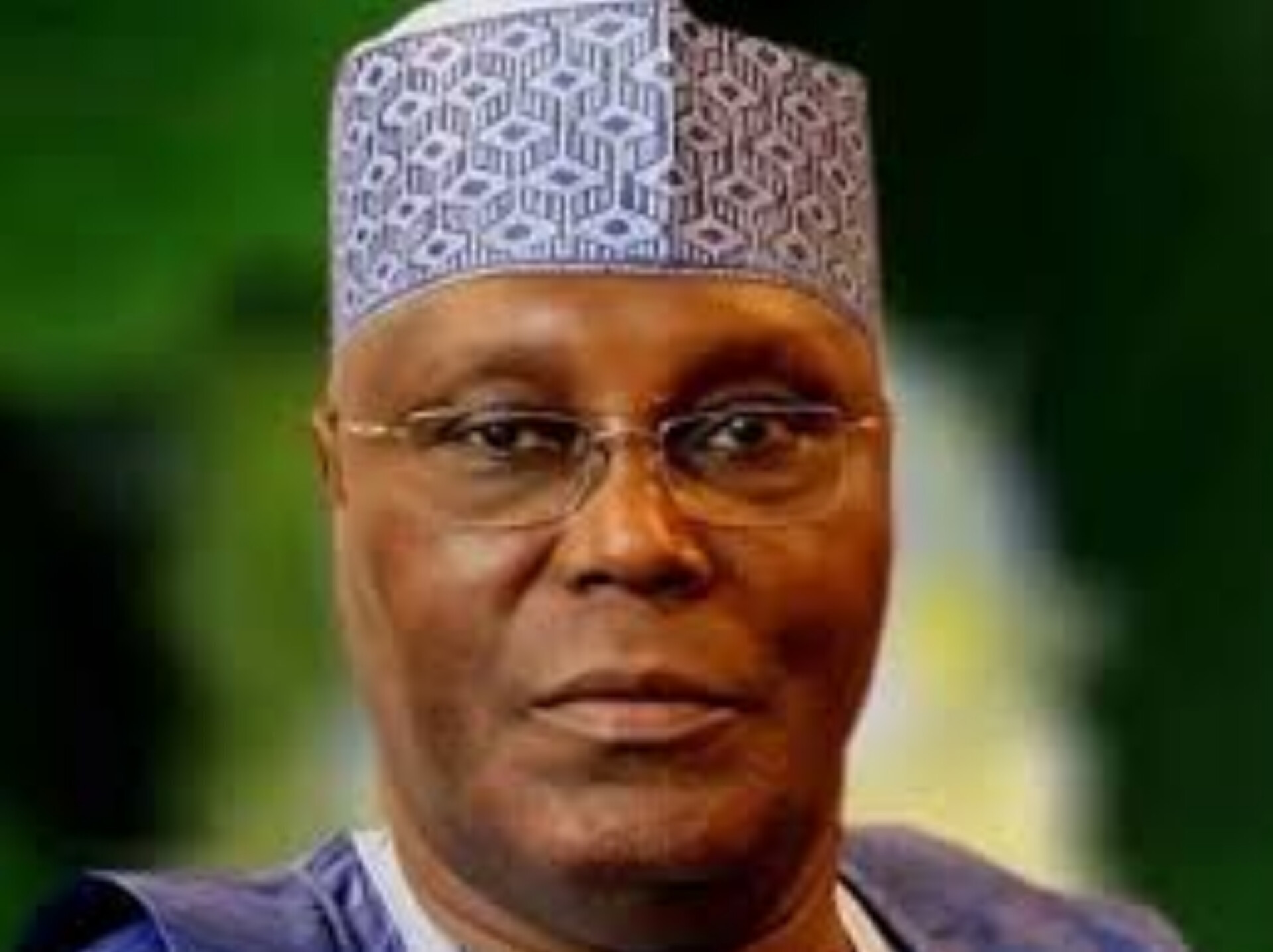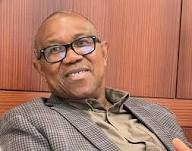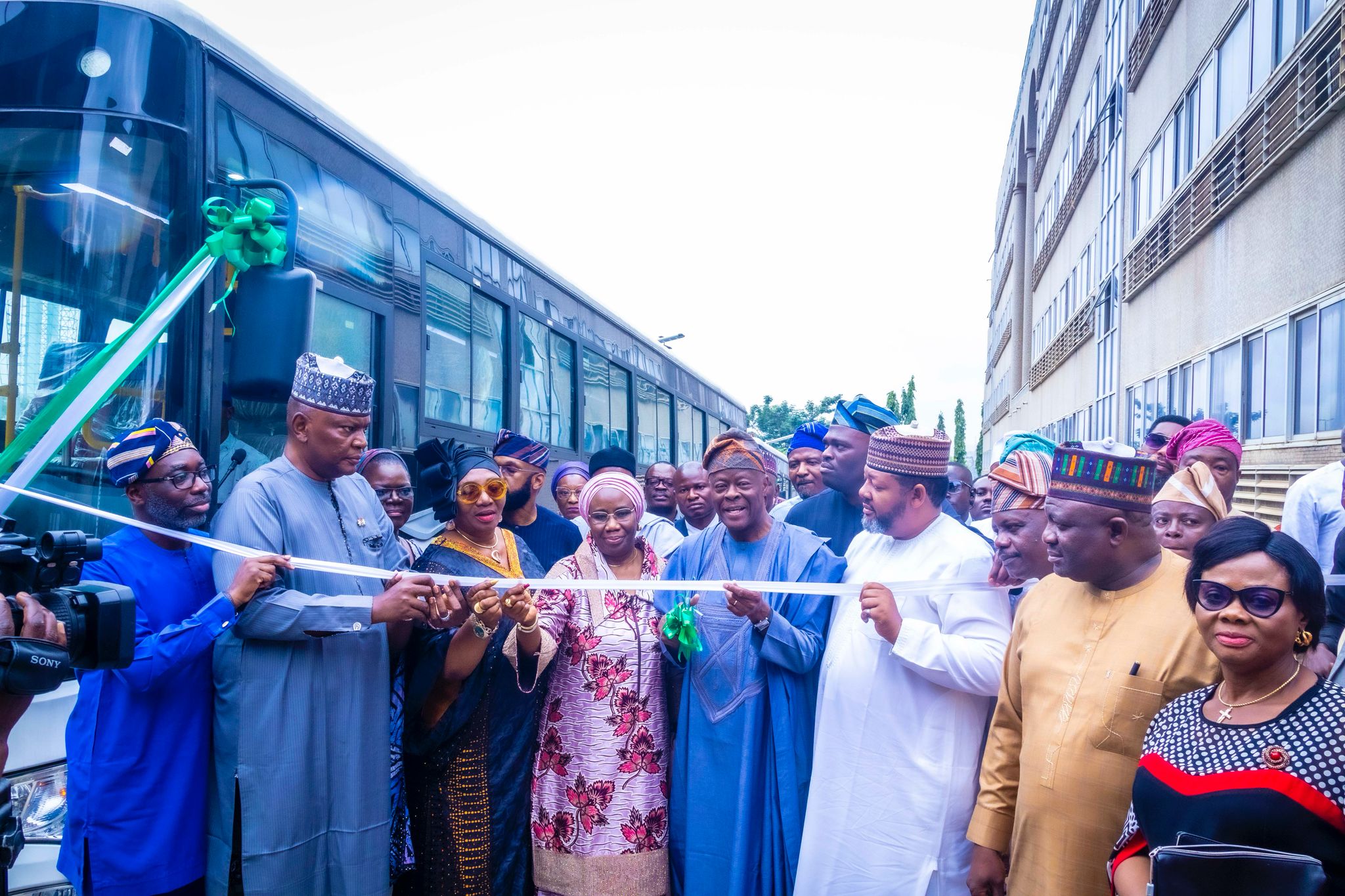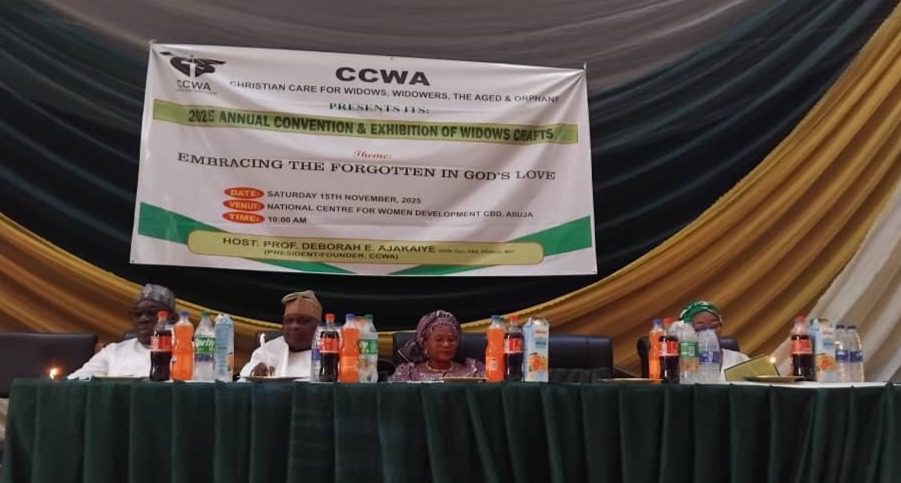By Tunde Olusunle
Doubts aside, the Peoples’ Democratic Party, (PDP), is yet to recover from its loss to the All Progressives Congress, (APC), at the 2015 polls. The PDP lost the presidency and also had its numerical strength shrunken in government houses, national parliament and state assemblies across the nation. For a party which was on a smooth sail during the first 16 years of the Fourth Republic, operating from the trenches of opposition was a tough job. Olisa Metuh the ebullient attorney who had held several important positions within the hierarchies of the PDP gave a voice to the party in its earlier months until he was arrested by the APC government. Kola Ologbondiyan stretched the frontiers of opposition spokesmanship within the limits of his capabilities when he took over Metuh’s brief late 2017, until the end of his tenure of office. Ologbondiyan’s successor, Debo Ologunagba a barrister like Metuh, however, has not as yet approximated the noise decibels of some of his predecessors.
Ologunagba may, to some extent, be excused though. There are suggestions to the effect that some of his colleagues in the National Working Committee, (NWC) treat Ologunagba as an “outsider” to the establishment. Fiscal support for the running of the bureaucracy, engagements and activities of the PDP are said to be slow in coming from governors elected on the platform of the party. Extant practice was for governors elected on the platform of the party to pool resources for the sustenance of the entity. It is not unlikely, however, that the grabbist proclivity of previous leaderships of the party, the festering opacity and lack of accountability might have dissuaded PDP governors from aggregating resources for the upkeep of the party. Who would have imagined that PDP would be in prostrate penury today with the billions of naira realised from the sale of nomination forms ahead of the 2023 general elections? There were indeed expectations to the effect that the strategically located, purpose-built secretariat in the heart of the Abuja would be completed and occupied by the party’s officials.

The onus lies on Bala Mohammed of Bauchi State and his colleague Siminalayi Fubara of Rivers, chair and co-chair of the PDP governors forum to rally their colleagues to mitigate the party’s descent into the abyss. Why won’t they sacrifice a fraction of their humongous “security votes” to ensure uninterrupted oxygen supply to the platform which catapulted them to their present pedestals? A political party with 13 sitting governors should not be a pushover. What was the spread of the political parties which coalesced to birth APC in 2013? The recent interactions between Nasir El Rufai, immediate past governor of Kaduna State; the presidential candidate of the Labour Party, (LP) Peter Obi and the Social Democratic Party, (SDP), must also be deeply concerning for the PDP. The Labour Party has been engulfed in a hydra of leadership combustion and indeed ownership even as the courts recently reassigned the ownership of the party to the Nigerian Labour Congress, (NLC). It will be shameful and catastrophic if PDP finds itself clutching at the straws behind yet another possibly brewing “coalition.”
Atiku Abubakar, Nigeria’s former Vice President is ever mindful of the adage to the effect that “a woman cannot deliver her pregnancy in tethers in the marketplace when an elder is present.” This, more than a proclivity to bring down the establishment, propels his activism and vocal audibility in the public domain. Robbed time and again of his evident electoral triumphs, he has refused to give up on his birthplace. Even in his 70s, he took time off to study for a masters degree at the prestigious Anglia Ruskin University in the United Kingdom in his eternal quest for self-development and indeed redevelopment. It would seem that the Olusegun Obasanjo/Atiku Abubakar combination are irrepressible knowledge questers. Obasanjo also returned to school, the National Open University of Nigeria, (NOUN), where he studied biblical theology, going all the way to earning a doctorate!
Sadly, the good works of the Obasanjo/Atiku tag team which represents the most glorious times of Nigeria’s all-round boisterousness, was painfully reversed less than a decade after they exited office. Nigeria’s immediate past President, Muhammadu Buhari could not as much as present a West African Examination Council, (WAEC) ordinary school leaving certificate all through his eight years in office. The whole world acknowledges Nigeria as a nation abundantly blessed with multidimensional competence and intellectual capital. Many Nigerian technocrats are holding their own in the global arena. Curiously, Nigeria is also one country where a first rate academic, a professor of law who is also Senior Advocate of Nigeria, (SAN) to wit, was subjugated under a President without basic credentials!
Atiku desires to keep apace with contemporary dimensions in world politics and economy to help him build informed perspectives on a wide spectrum of issues. He believes this country has the wherewithal to reinvent itself for the benefit and convenience of all and sundry. He is pained by the slurs, the avoidable failings, flailings, foibles which has characterised statecraft, particularly in the last decade. “Change” was the horseback on which Buhari rode into office in 2015. His two terms of four years each in office, however, principally impacted retrogression to pristine eras on Nigerians. Bola Tinubu whose chant was *emi lokan,* (it is my turn), and “renewed hope” has brought famine, hunger, inflation, heightened insecurity to the land. Only the mute at birth will not speak to these realities even in the closets of their homes.
There has been a tendency towards the deification of the archetypal Nigerian president a trend which was accentuated during the Buhari years. Don’t we recall that photograph of the immediate past Deputy President of the Senate, Ovie Omo-Agege kneeling to shake hands with Buhari the day he, Omo-Agege was inaugurated? Shockingly, serving opposition governors individually and collectively credited President Bola Tinubu for their victories in the Supreme Court. The belief is that Nigeria’s imperious presidency holds the power of life and death literally. Mohammed Umaru Bago of Niger State scurried to Abuja within hours of concurring with Peter Obi’s criticism of Nigeria’s receipt of grains from war-torn Ukraine. Black-bearded Bago was pictured grovelling on the Persian rug on the floor of president’s office as he sought parole for his “slip of tongue,” identifying with Peter Obi’s clear-headed position. The systematic reconstruction of the persona of the president into a virtual monarch is being consummated under Tinubu.
It is preposterous the fact that public officers at that level who were supposedly elected by their constituents cannot take a position different from that of the *Oga at the top.* The parliament too continues to squirm and grovel before the all-powerful president, raising parliamentary servitude to legendary heights. It is the kind of acquiescence which gradually throws up emperors and despots. To the understandable discomfort of the incumbent administration, however, Atiku has beaten a distinctive part. He has followed the government “bumper to bumper,” to approximate the lyrics of a song of the same title sang by *Wande Coal* one of Nigeria’s popular artists every step of the way. He’s ever pointing out the government’s drawbacks.
Atiku has unfailingly highlighted missteps of the incumbent government as they perilously impact the citizenry. Last August for instance, Atiku queried the blurry $3.3Billion emergency crude repayment loan facilitated by the African Export-Import Bank for the Nigerian National Petroleum Company Ltd, (NNPCL). The money was reportedly procured to support the naira and stabilise the foreign exchange market. Atiku sought full disclosure of the terms and conditions of the deal. The former Vice President has also lashed the Tinubu system of embarrassing Nigeria at every opportunity on the global podium no thanks to its profligacy especially with regards to Nigeria’s wasteful “over-representation” at global events.
Atiku has also criticised Tinubu’s spontaneous policies as bereft of critical reasoning, causing sadistic pain, anger and despair to the people. He alluded to the impulsive removal of fuel subsidy on Tinubu’s inauguration, a proposal which was not captured in his prepared inaugural address. Atiku noted that such policies have fuelled skyrocketing inflation creating more misery for the generality of the people. Inflation has since pole-vaulted past the 30 percent mark, casting a palpable pall on the visage of the nation. Atiku chided Tinubu and his aides for squeaking and shrieking about the comatose economy inherited from the preceding administration. Atiku noted that since Tinubu like Buhari are of the same politica party, they inevitably carry the same “DNA!” For Atiku, Tinubu’s perpetual whining is evidence that APC lacks the wherewithal to redeem Nigeria. According to Atiku: “Tinubu came into office unprepared and his men have found a pastime blaming the economic woes of the country on previous governments. Tinubu and his economic team must swallow their pride, admit their false steps and failures and follow those who understand the issues.”
More contempraneously, Atiku has bemoaned the accentuation of killings and bloodletting under Tinubu. Nigeria he noted “has become a killing field” under the present government. Atiku referenced the recent murder of villagers in Rafi local government area of Niger State by suspected bandits who invaded the community and left a trail of blood. The sadists levelled 21 unsuspecting country folks in that incident. In less than 10 days, over 30 soldiers and policemen have been killed in Delta State alone by suspected riverine militants. Atiku railed at the complacency of the Tinubu system under whose watch the Nigerian narrative has become “one day, one calamity.” Computations by the media indicate that within the first 10 months of Tinubu’s superintendence, 7000 people have been killed. This averages at 700 Nigerian casualties every month. Atiku has been vindicated by the concurrence of senators from the 19 northern states about the disturbing wave of kidnappings and killings in the north. They want a decisive termination of the trend.
As Nigeria slides blindfolded into a one-party state, no thanks to the enormous powers of a chief executive operating the suspect and serially criticised 1999 Constitution, Atiku continues to point the way to the imperative of multi-partyism. It will almost amount to centuries lost for our nation and our people if our own brand of democracy as experimented over the last quarter of a century only breeds “civilian despotism” at the end of the day. *Lagbaja* the masked and famous Afrobeat artist reminds us in one of his classics, that “even the crab despite the hardness of its shell always keeps its eyes open in readiness for the adversary.” This is the attitude Atiku exhorts we collectively adopt and not misconstrue democracy and politics as the business of those who desire public office. That is where real danger lies.
Tunde Olusunle, PhD, is a Fellow of the Association of Nigerian Authors, (FANA)




